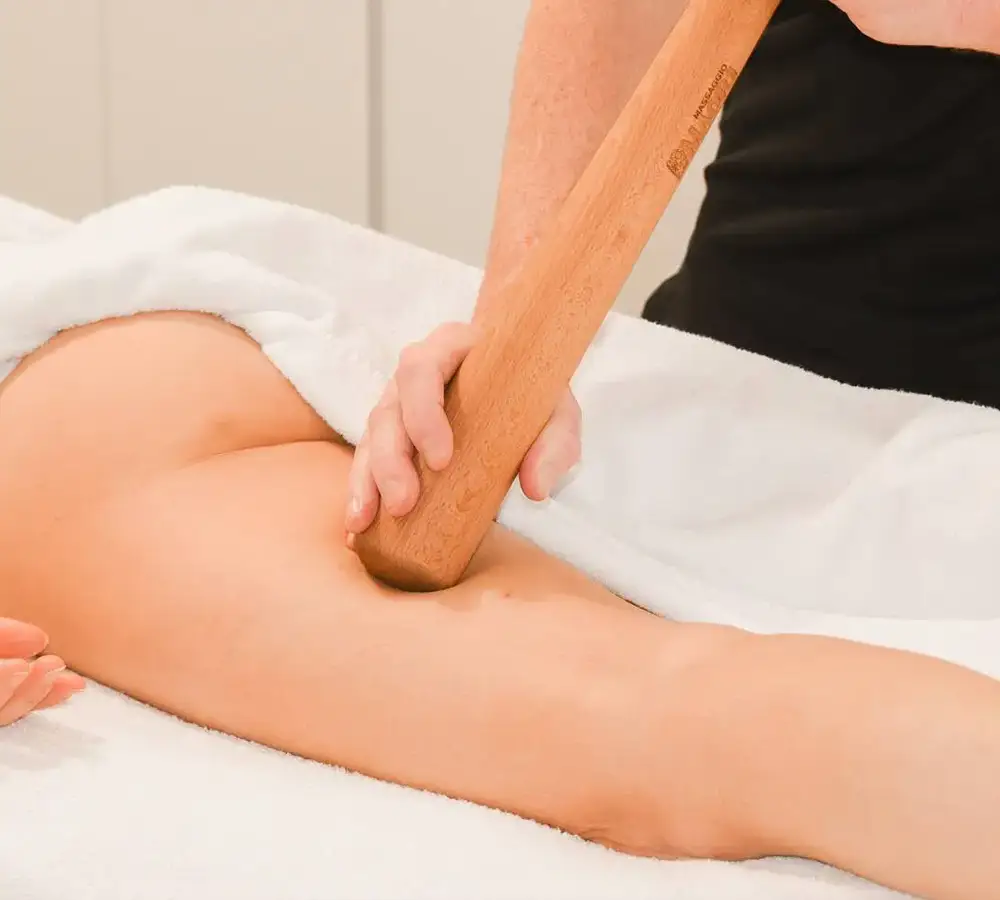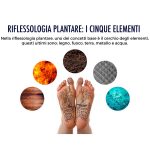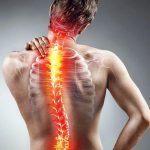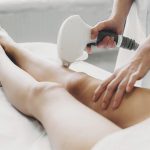Introduction
Welcome to a journey of discovery into Maori massage, one of the most fascinating treatments from New Zealand. This massage is not just a way to relax but a profound ritual that is deeply intertwined with the culture of the Maori, the indigenous people of New Zealand. Created by Duilio La Tegola, founder of the professional massage school Diabasi, it is a unique experience I recommend to everyone. It helps the body face life’s challenges and overcome physical fatigue. It is also a powerful way to combat fear and rediscover courage. I tried it myself and absolutely loved it! The blend of traditional techniques and the strong cultural connection makes it a special treatment truly worth experiencing.
Table of Contents
Origins and Significance in Maori Culture
Maori massage is deeply connected to the culture and spirituality of the Maori people. Considered a sacred ritual, it aims to restore balance between body, mind, and spirit by aligning the individual with their “Mana,” the vital energy that flows through every person.
Moreover, Maori culture is rich in traditions and stories, with a profound respect for nature and community. Ritual practices such as the Haka dance and the art of Ta Moko tattooing reflect a strong bond with identity and history, making every interaction with Maori culture a unique and meaningful experience.
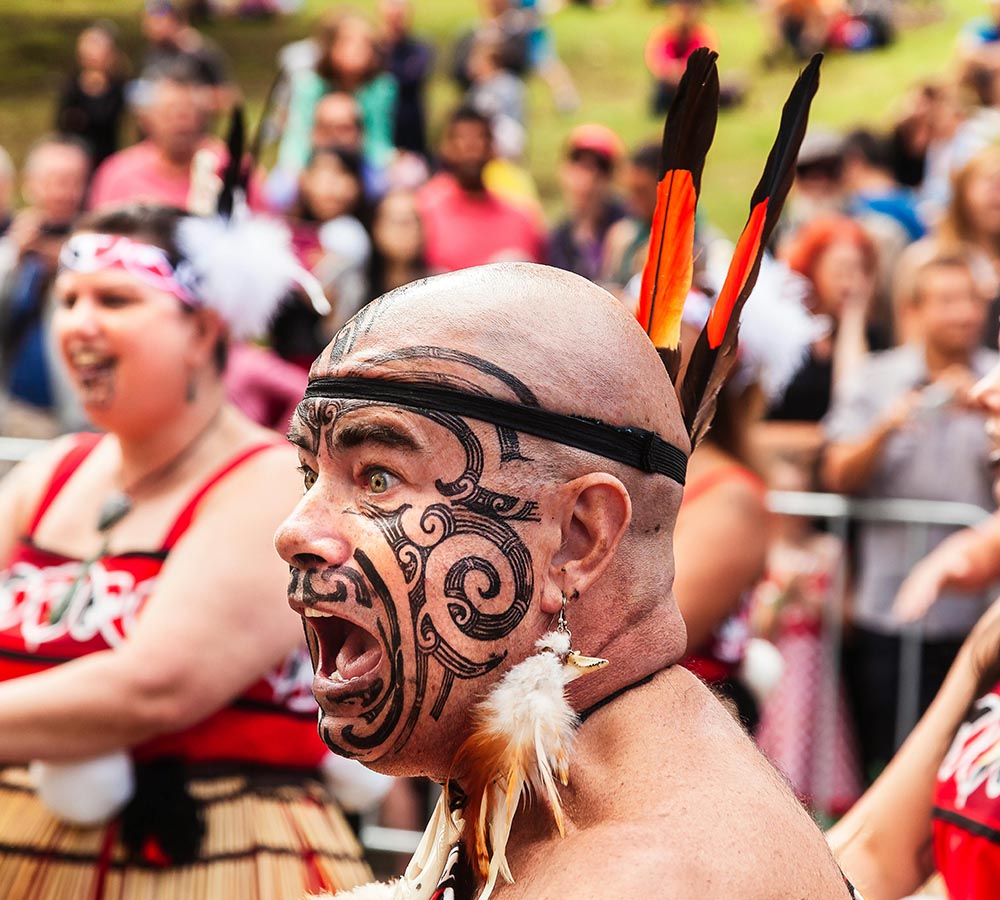
History of Maori Massage
Historical Roots in New Zealand
The origins of this massage trace back to ancient times, centuries ago, when the Maori, one of the indigenous peoples of New Zealand, developed a unique and profound approach to well-being. Using traditional manual techniques and natural tools sourced from their environment, the Maori not only focused on healing wounds and illnesses but also prepared warriors for battle. These practices were deeply intertwined with their culture and spirituality, reflecting an intense connection to nature and reverence for the human body as a temple of the soul. Through massage, they sought to restore physical and spiritual harmony, a fundamental aspect of their daily lives and ceremonial rituals.
Evolution and Spread in the Western World
In recent decades, Maori massage has embarked on an extraordinary journey across the ocean, capturing the hearts of wellness enthusiasts worldwide. This traditional practice is not only distinguished by its special techniques but also by its unique benefits, promoting deep relaxation and overall well-being. Its ability to combine fluid movements with harmonious rhythms enables a profound connection between body and mind, making every massage experience a true sensory journey.
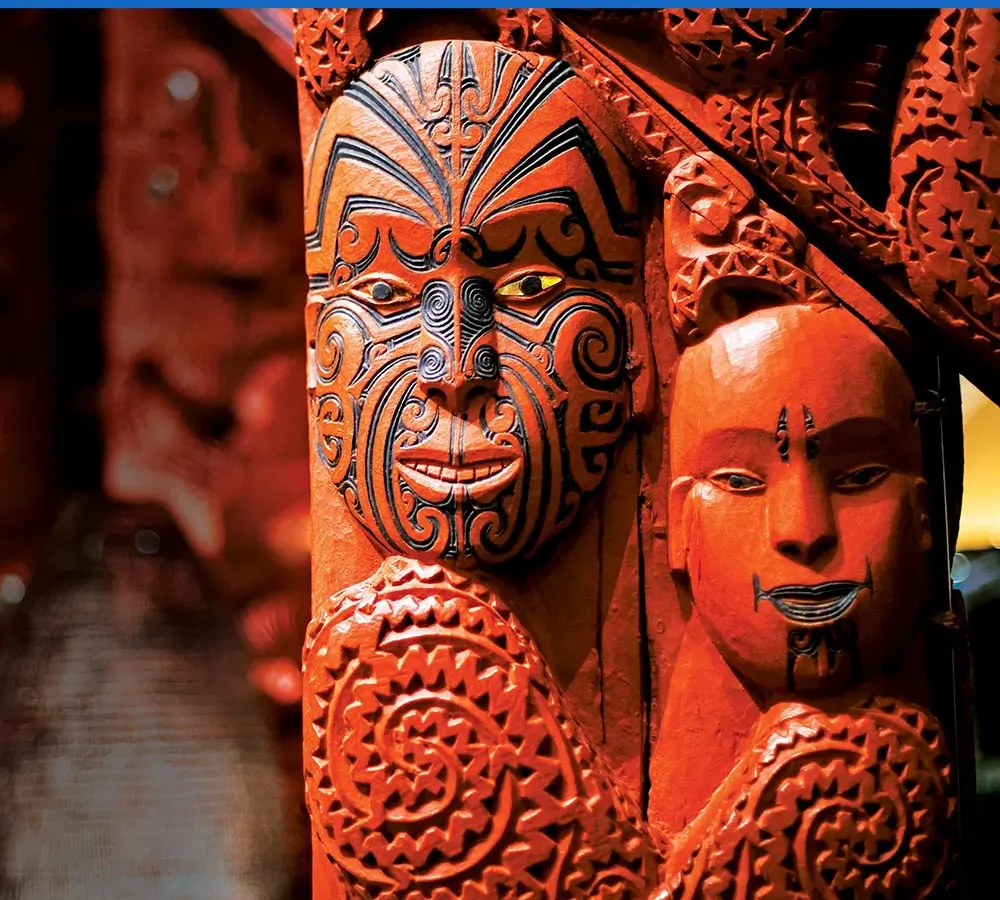
Fundamental Principles
Maori Philosophy and Spirituality
This practice is rooted in a deep understanding of the connection between body and spirit. It reflects the belief that our physical well-being is closely linked to our emotional state and soul. Paying attention to nature and respecting ancient traditions is essential, as they teach fundamental values and help us live in harmony with the world around us. Ultimately, it is about finding balance between our body and spirituality, acknowledging the importance of cultural roots and the forces of nature in our daily lives.
The Concept of Vital Energy (“Mana”)
“Mana” is the vital and spiritual energy that every person possesses, fundamental for well-being and balance. In Maori culture, Mana is believed to be passed down through family lineage and shaped by the actions we take in life. It is influenced by authority, wisdom, relationships, personal experiences, and humility.
Maori massage, also known as Rongoā, is a traditional practice that helps rebalance and strengthen Mana. It uses specific movements that combine deep massage techniques with fluid motions. These massages relieve muscle tension and foster a stronger connection with one’s body and surroundings, restoring harmony and well-being.
Additionally, these practices may include moments of meditation and breathing exercises, creating an experience that promotes relaxation and mindfulness. Practitioners are highly respected for their actions and their role in maintaining the community’s well-being.
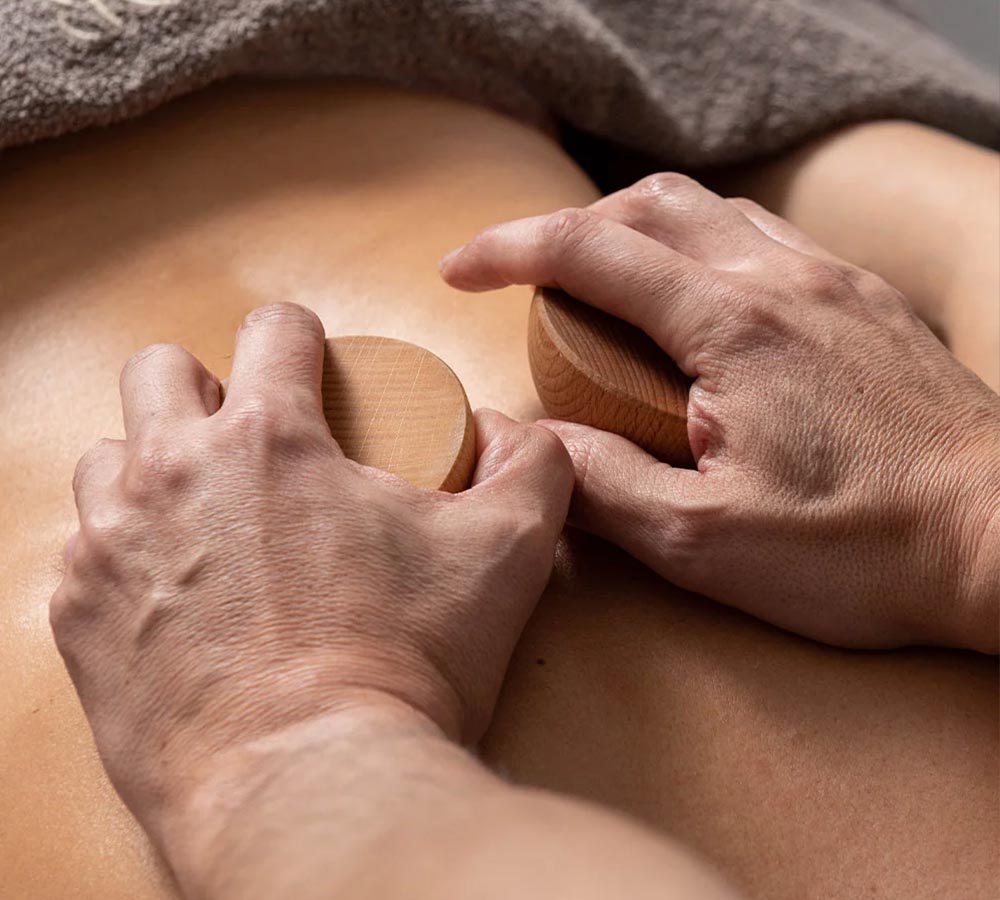
Techniques and Tools Used
Description of Manual Techniques
The massage employs deep, rhythmic movements that follow energy and muscle lines, releasing tension and blockages. Hands are used minimally during this massage, as wooden tools take center stage.
Use of Traditional Tools
Practitioners use tools such as beechwood sticks to enhance the effectiveness of the massage techniques. These tools help sculpt and shape the body, making it strong and healthy.
During the treatment, practitioners follow imaginary paths inspired by Moko (Maori cultural tattoos), using them as guides to address muscle contractions and myofascial trigger points. These points often arise from mechanical or emotional stress. The massage aims to free the body from such tensions, improving not only muscle tone but also mood and overall appearance.
Differences from Other Types of Massage
Compared to traditional massages, Maori massage is a deep treatment that gently works to release muscle tension. It goes beyond relaxing the body, offering an experience that engages both mind and spirit. The movements trace the lines of traditional Maori tattoos, creating a connection between the recipient and the practitioner.
Unlike sports massages, which can be quite painful, Maori massage seeks to relieve tension in a more harmonious way, transforming discomfort into a source of strength and well-being. Ideally, it serves as a means to restore vital energy and regain inner balance.
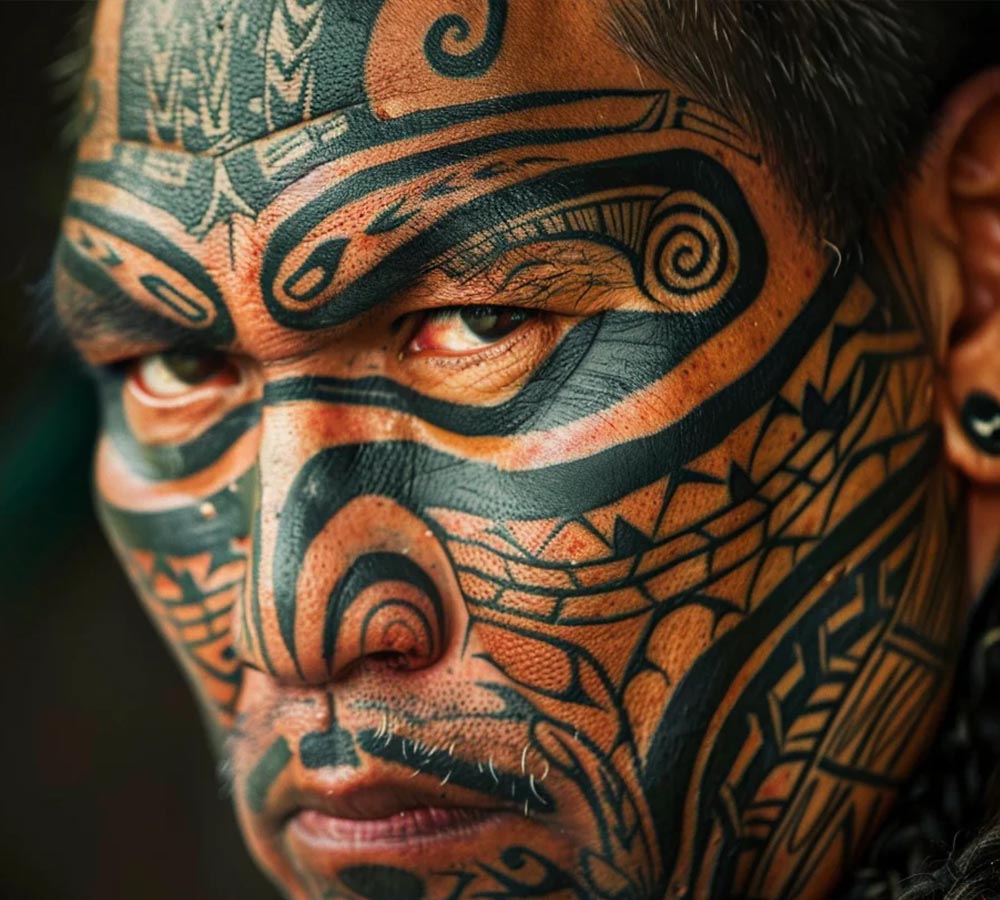
Benefits of Maori Massage
Effects on the Body
In addition to providing pleasant muscle relaxation, Maori massage plays a key role in improving blood and lymphatic circulation. This process not only contributes to overall well-being but also enhances oxygenation and tissue regeneration, making it a highly beneficial treatment for the body.
Benefits for the Mind and Spirit
The benefits extend beyond the physical, leading to stress reduction and a rebalancing of energy and emotions. In essence, Maori massage is a transformative experience that goes beyond simple relaxation, offering an opportunity to connect with oneself and the world around us while promoting deep physical and spiritual healing.
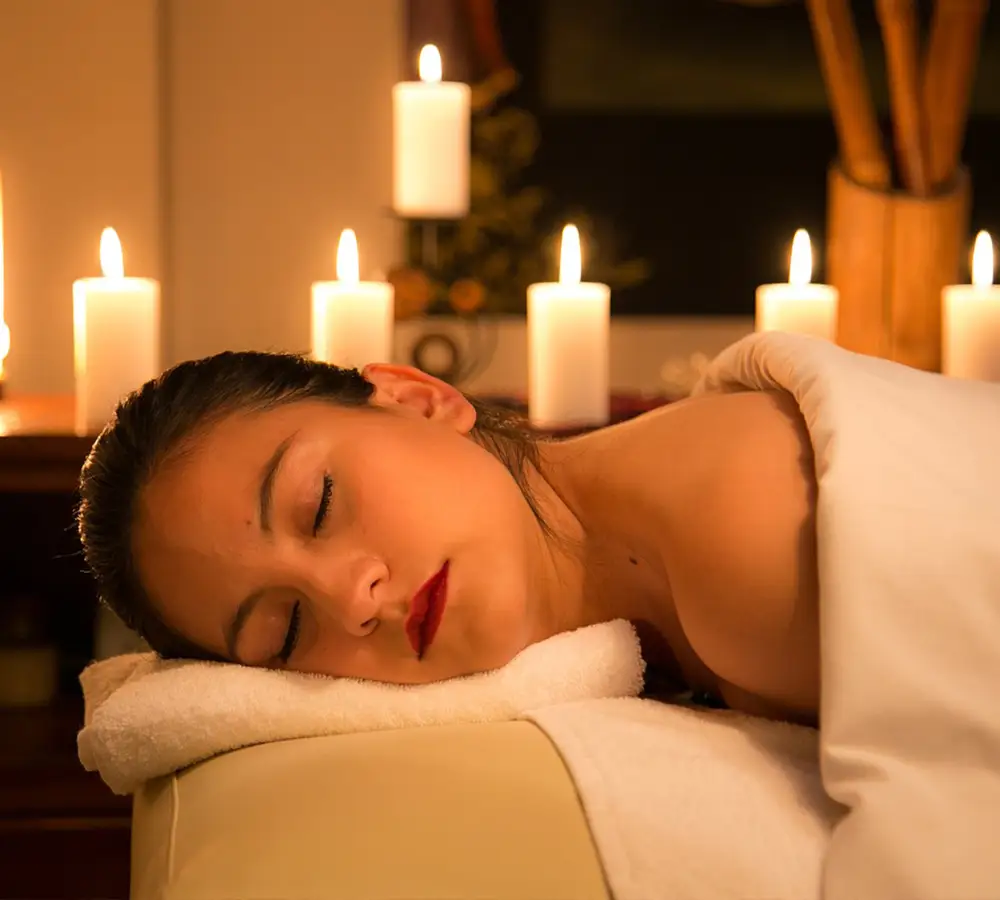
How a Session Unfolds
Preparation Before the Massage
Preparing the Client
Before beginning, the practitioner engages the client in a brief consultation to discuss their needs and expectations. This is followed by a preliminary relaxation phase, during which the practitioner guides the client through breathing exercises and relaxation techniques. This creates a comfortable and welcoming atmosphere, ensuring the client feels at ease and ready for the experience.
Environment and Atmosphere During the Session
The atmosphere plays a fundamental role in the treatment: soft lighting, relaxing music, and the aroma of incense create a warm environment. Practitioners pay close attention to these details, incorporating aromatherapy and chromotherapy to make the setting even more soothing and calming.
What to Expect During and After the Treatment
During the session, participants can expect not only an intense experience but also a profoundly liberating one. This moment of engagement provides a unique opportunity to explore emotions and release accumulated tensions. The beneficial effects of the experience often extend beyond the session itself, leading to greater awareness and serenity. Regular sessions can transform how individuals relate to themselves and the world around them, fostering a path of personal growth and long-lasting well-being.
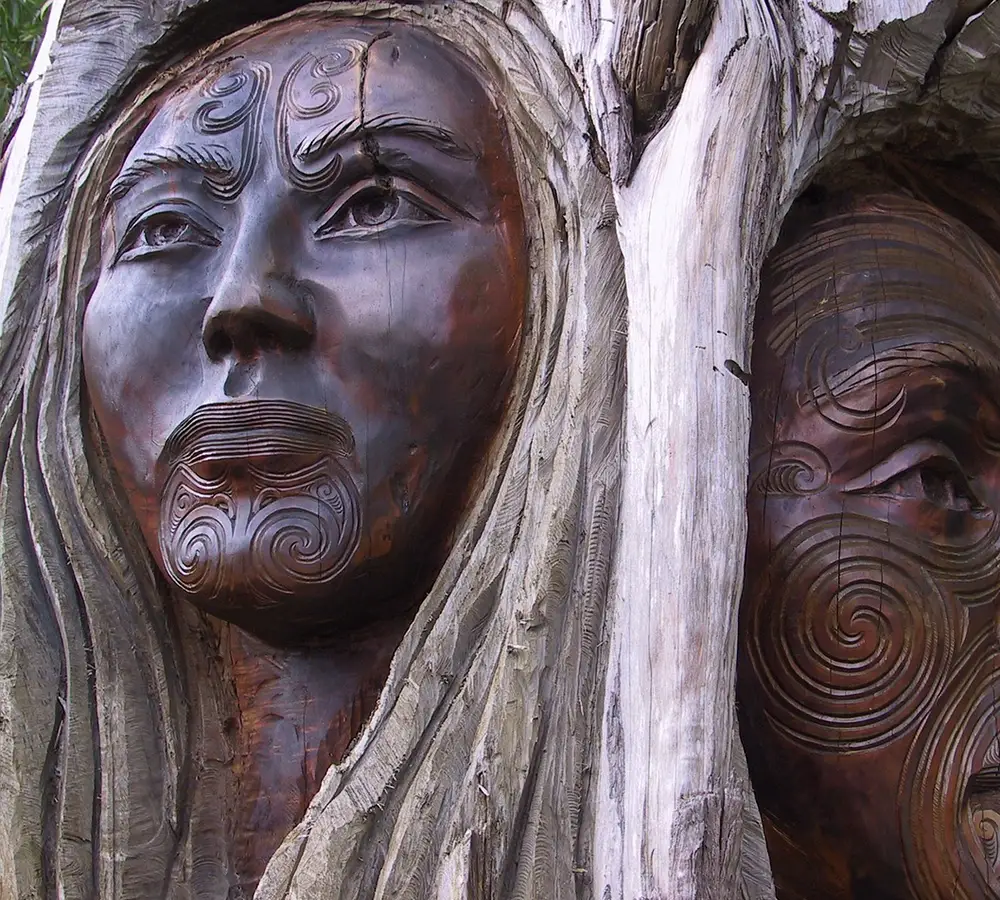
Who It’s For
Therapeutic Indications
Maori massage is an ancient and fascinating therapeutic practice, ideal for anyone seeking deep relaxation and holistic well-being. This form of massage not only restores physical and mental balance but also serves as excellent support for those on healing journeys. Through its unique techniques and rhythmic movements, Maori massage reduces stress and accumulated tension, offering an experience of deep relaxation and connection with the body.
Contraindications and Precautions
It is always advisable to consult a professional before undergoing any treatment to ensure safety and effectiveness, especially if there are specific health conditions. Common contraindications include infectious diseases, dermatological conditions, bacterial or fungal infections, heart disease, circulatory disorders, tumors, recent traumatic injuries, fever, blood disorders, acute inflammatory conditions, and certain cases of menstruation, which should be evaluated individually.
Training and Professionalism
Becoming a Maori Massage Practitioner
Becoming a practitioner requires specific training that includes understanding Maori culture and traditional techniques.
Certifications and Recognized Courses
Certified courses are available to equip individuals with the skills necessary to professionally practice Maori massage. This massage is exclusively offered through the Diabasi school, as it is a registered trademark®. It is not widely available, as only practitioners trained at this school are authorized to perform it.
The Importance of Qualified Professionals
Relying on a qualified practitioner is crucial to ensure an effective session that respects traditions. A recognized professional not only possesses the necessary skills but also provides a service that honors the cultural practices and values associated with the activity. Proper training ensures that every stage of the process is managed with care, minimizing risks and maximizing client well-being, delivering an authentic and satisfying experience.
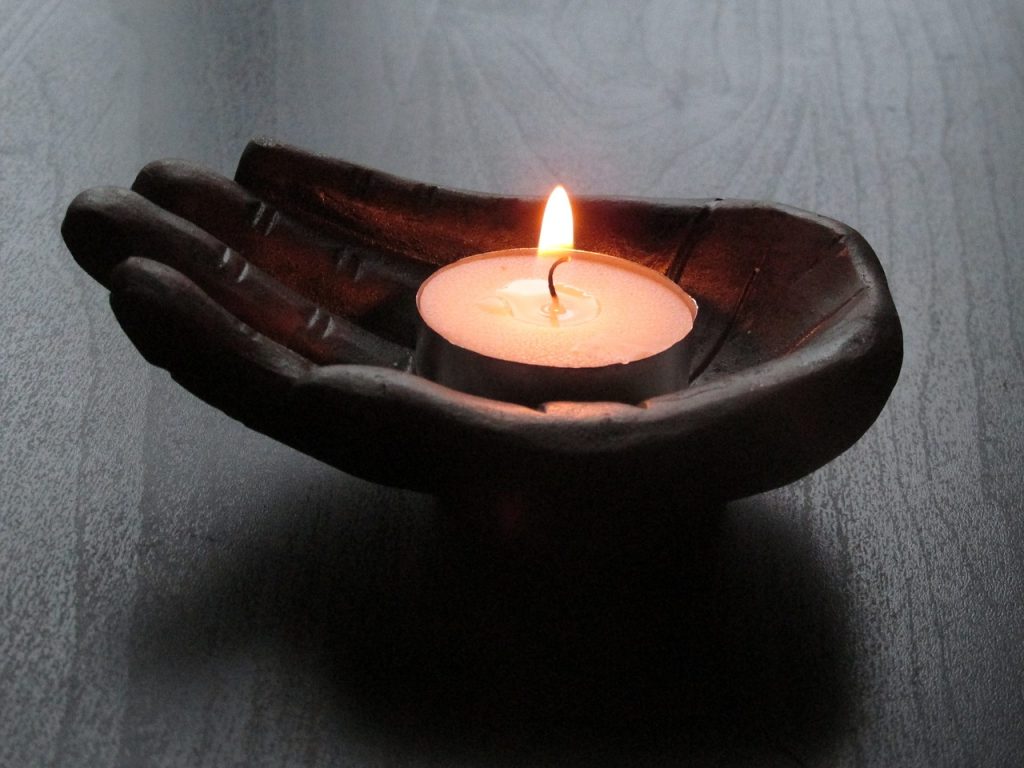
Maori Massage in the Modern Context
Adaptations in Spas and Wellness Centers
Many wellness centers have started integrating Maori massage into their services, recognizing the importance of this traditional practice for physical and mental well-being. This massage is adapted to modern client needs while preserving its essence and cultural roots. By merging tradition with modern practices, wellness centers offer a unique experience that enriches the body and spirit, allowing clients to immerse themselves in an ancient tradition while nurturing themselves.
Testimonials and Experiences
Stories from Those Who Have Tried Maori Massage
Many clients describe their experiences with Maori massage as transformative, calling it a journey toward authenticity and inner connection. Personally, I’ve met several people who spoke enthusiastically about it, and after trying it myself, I can confirm it’s truly unique. For those accustomed to traditional massages, it may initially seem unusual due to the minimal use of hands and the different techniques employed. However, when performed by a professional, it provides a surprising and deeply rejuvenating experience. It’s important for everyone to try it themselves, as reactions vary depending on individual openness to the massage. Discovering the power of Maori massage is both a fascinating and rewarding experience.
Conclusion
Key Takeaways
In summary, Maori massage offers a unique wellness experience that deeply integrates body and spirit. This ancient practice, rooted in Maori culture, employs traditional techniques passed down through generations, emphasizing the importance of cultural heritage. The benefits of this massage include muscle tension release, significant improvement in blood circulation, and a profound sense of relaxation that envelops both body and mind.
The concept of Mana, representing vital energy and strength, is central to the practice, as every movement and touch is believed to help restore the individual’s energy balance. Additionally, Moko, traditional tattoos, symbolize identity and cultural connection, telling personal and historical stories, making each massage experience even more profound and personal.
This massage is not merely a physical treatment but a true spiritual journey that promotes harmony and overall well-being, something everyone should experience firsthand. By combining physical and spiritual techniques, Maori massage invites introspection and self-discovery, fostering a deeper connection with one’s body and surroundings. It’s an opportunity to renew energy and reconnect with one’s essence, offering a wellness experience that transcends mere stress relief.
Resources and Further Reading
Websites and Associations for More Information
FAQ
What is Maori massage?
Maori massage is a traditional practice originating in New Zealand, deeply tied to the culture and spirituality of the Maori people. It is a profound treatment aimed at restoring balance between body, mind, and spirit, focusing on the individual’s “Mana,” or vital energy.
What are the origins of Maori massage?
The origins of Maori massage date back centuries, when the Maori developed a unique approach to well-being using traditional manual techniques and natural tools. It was used not only to heal wounds and illnesses but also to prepare warriors for battle.
What benefits does Maori massage offer?
Maori massage provides numerous benefits, including deep muscle relaxation, improved blood and lymphatic circulation, stress reduction, and energetic and emotional rebalancing. It helps release tension and blockages, fostering comprehensive well-being.
How is a Maori massage session conducted?
A Maori massage session begins with a preliminary consultation and relaxation phase. The practitioner uses traditional wooden tools, such as beech sticks, performing deep, rhythmic movements along energy and muscle lines inspired by Moko tattoos.
What tools are used during Maori massage?
Traditional tools such as beechwood sticks are used, enhancing the effectiveness of the massage techniques. These tools help sculpt and shape the body, releasing deep tension and improving muscle tone.
How is the Maori Massage different from other types of massage?
Unlike traditional massages, the Maori Massage uses wooden tools instead of just hands and follows the lines of Maori tattoos, creating a deep cultural connection. It is a treatment that engages the body, mind, and spirit, offering a more holistic and harmonious experience.
Who is the Maori Massage suitable for?
It is ideal for those seeking deep relaxation and overall well-being. It is particularly beneficial for individuals looking to release muscle tension, reduce stress, and restore energetic balance. However, it is important to consult a professional to assess your suitability.
Are there any contraindications or precautions to consider?
Yes, it is advisable to consult a professional before undergoing a Maori Massage, especially if you have specific health conditions. Common contraindications include infectious diseases, heart problems, acute inflammatory states, and other specific conditions.
How can I become a Maori Massage practitioner?
To become a Maori Massage practitioner, it is necessary to undergo specialized training that includes understanding Maori culture and learning traditional techniques. The Diabasi School offers certified courses and is the only institution authorized to train professionals in this discipline.
Where can I find qualified centers or professionals for the Maori Massage?
To find qualified centers or professionals, it is recommended to contact facilities associated with the Diabasi School, as only therapists trained at this school are certified to practice Maori Massage. Visit the official Diabasi website for more information.

